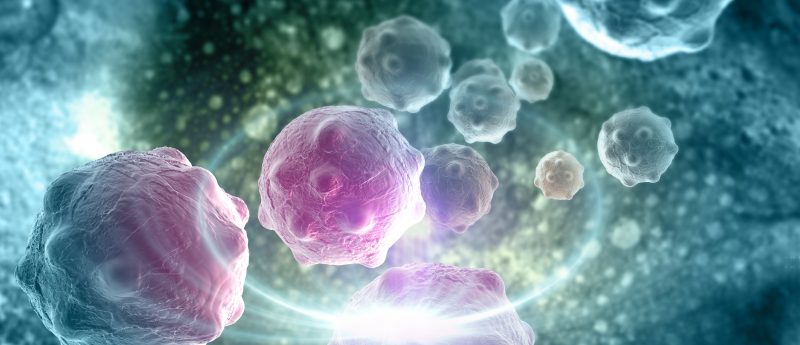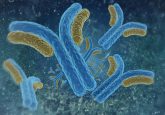Novel method to non-invasively detect circulating cancer biomarkers in response to immunotherapies

Research published in Future Science OA described a newly-developed assay enabling the non-invasive detection of PD-L1, amongst other biomarkers in patient blood samples. A team from Merck Research Laboratories (Singapore) utilized whole blood samples from both healthy donors and breast cancer patients. Samples underwent circulating tumor cell enrichment before being loaded onto a microfluidic chip and undergoing chipcytometry.
Currently, tumor heterogeneity and the immobile nature of PD-L1 (as well as other significant biomarkers) render biopsies unsuitable for measuring biomarker expression and response to immunotherapies targeting the PD-1 pathway. Biopsies are also invasive and unsuitable for repeated testing, leading to a demand for novel strategies that identify if individuals will or will not benefit from immunotherapies targeting the PD-1 pathway.
Results indicated that the workflow could determine PD-L1 and PD-L2 expression levels with a mean detection rate of 22.8%. The authors also identified the potential to include more positive and/or negative markers to allow increased confidence in the identification of circulating tumor cells.
The authors commented: “We believe the main advantages of chipcytometry lie in the iterative staining process that allows retrospective evaluation of additional markers and the potential to measure a large number of parameters without the spillover/compensation problems encountered with flow cytometry.
“This approach allows the analysis of additional immunomodulatory targets on tumor cells beyond PD-L1 and PD-L2, which is particularly critical, considering high dimensional analysis of these markers is likely to become increasingly relevant as immunotherapy moves beyond the administration of single immunomodulatory agents toward combinations that synergize in their antitumor immune response.”
The authors note that these data are preliminary and acknowledge the need for the further experimentation in order to fully establish the feasibility of the approach.
Sources: Teo J, Mirenska A, Tan M et al. A preliminary study for the assessment of PD-L1 and PD-L2 on circulating tumor cells by microfluidic-based chipcytometry. Fut. Sci. OA. doi: doi.org/10.4155/fsoa-2017-0079 (Epub ahead of print) (2017); www.eurekalert.org/pub_releases/2017-09/fsg-nas092217.php




